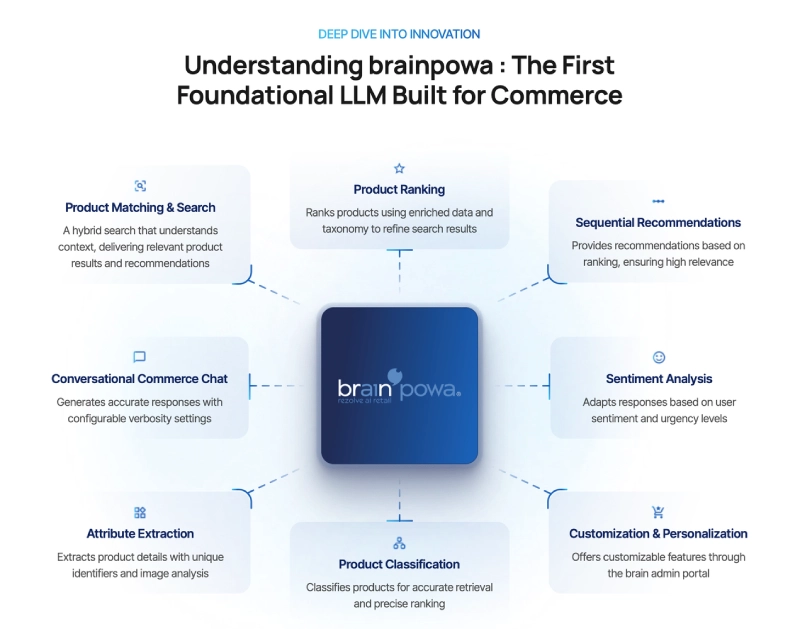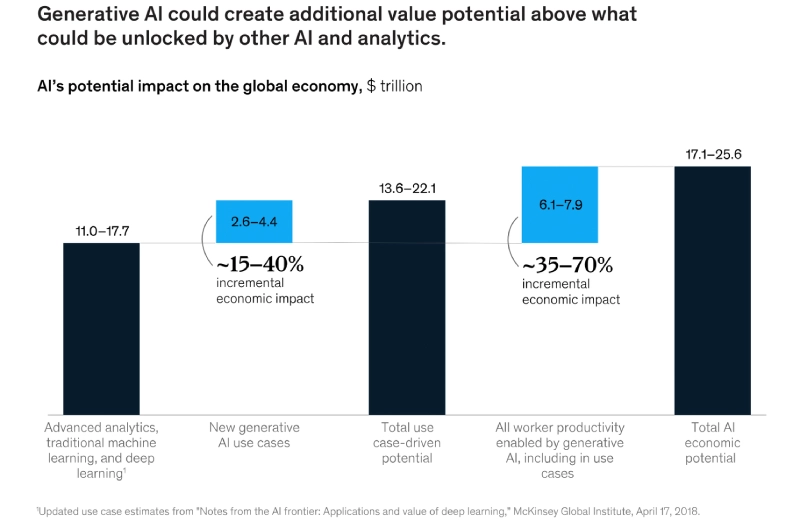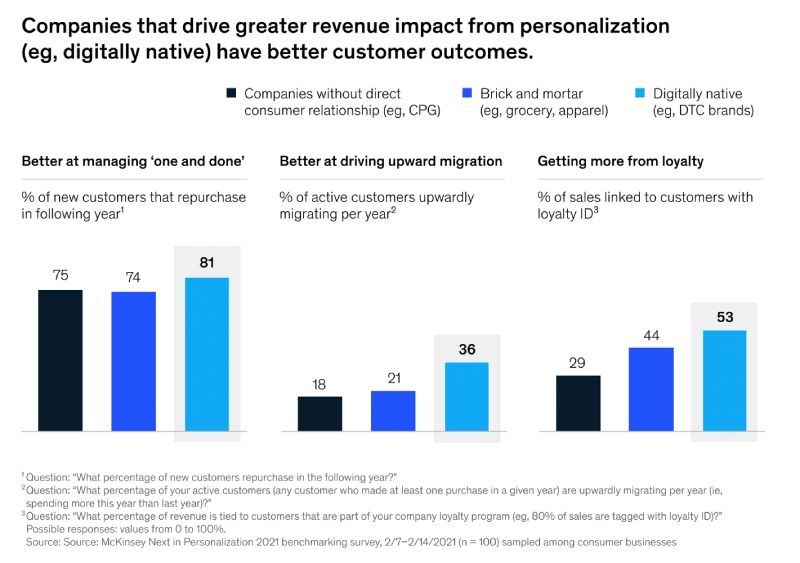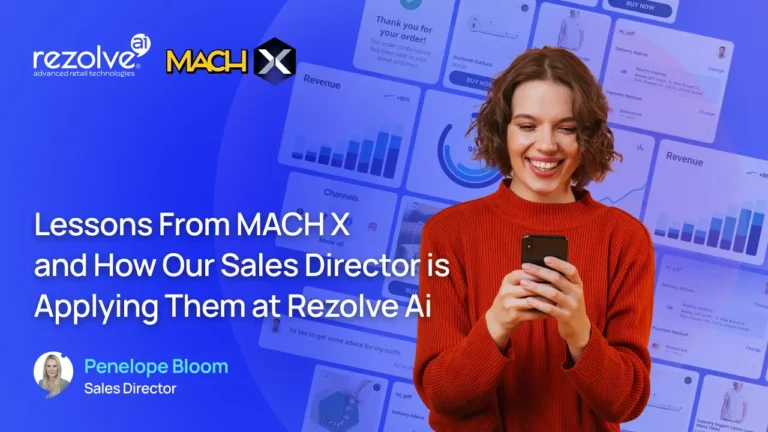The rapid evolution of generative AI has brought us to the threshold of a new era in digital commerce—one where agentic AI systems can autonomously understand, advise, and act on behalf of both retailers and consumers. Yet, as the market is flooded with general-purpose large language models (LLMs), a critical question emerges: can generic AI truly deliver the precision, reliability, and business value that commerce demands? At Rezolve Ai, our answer is clear—vertical, commerce-centric agentic AI is not just preferable, it’s essential.
Why General-Purpose AI Falls Short in Commerce
General LLMs, trained on broad internet data, are powerful for open-ended tasks but struggle with the nuances of retail: product taxonomy, real-time inventory, personalized recommendations, and seamless checkout. They often hallucinate, lack domain context, and can’t integrate deeply with merchant systems. In commerce, these gaps translate directly into lost sales, poor customer experiences, and operational inefficiencies.
Consider this: over 70% of online shopping carts are abandoned before purchase, costing retailers an estimated $4 trillion annually worldwide (Baymard Institute, 2024). Much of this is due to friction in search, lack of personalized support, and poor checkout experiences—precisely the areas where agentic AI can make a measurable difference.
The Rezolve Ai Approach: Commerce-Centric Agentic AI
At Rezolve Ai, we’ve built our eCommerce specific LLM, brainpowa, from the ground up for retail. Our model is trained on proprietary, tokenized eCommerce data—hundreds of billions of data points—using a distinctive method for cataloging product information, customer intent, and transaction flows. This vertical focus enables our agentic AI to:
– Understand complex, contextual product queries (e.g., “I need a fridge that fits a small kitchen, is energy efficient, and has a freezer”).
– Deliver smart, personalized recommendations that go beyond keyword matching.
– Guide customers through multi-step journeys—from discovery to checkout to post-purchase support—seamlessly and autonomously.
– Integrate with payment service providers and merchant systems for one-tap, frictionless transactions.

Productized Solutions for the Entire Customer Journey
Our Gen AI-powered suite—Brain Commerce, Brain Checkout, and Brain Assistant—is designed to solve the real pain points of digital retail. From AI-enabled conversational product search (voice or text), to expert sales assistance, to seamless one-tap checkout (including crypto payments via Tether), our agentic AI delivers measurable improvements in engagement, conversion, and customer satisfaction.
The global market for Gen AI solutions is projected to reach $480–540 billion by 2028, with eCommerce and retail representing one of the fastest-growing segments (McKinsey Global Institute, 2023). Retailers adopting advanced AI-driven personalization have seen sales increases of 10–15% (McKinsey, 2022).

Technical Differentiators
– Proprietary LLM trained on eCommerce data: Reduces hallucinations, improves accuracy, and enables deep product understanding.
– Microservice architecture: Cloud-agnostic, scalable, and ready for rapid deployment via API or SDK.
– Multilingual and versatile: Available in 96 languages, supporting global merchants and customers.
– Advanced classification and intent recognition: Our models enrich product data, build knowledge graphs, and understand customer needs at scale.

Why Specialization Matters
In commerce, context is everything. A vertical agentic AI understands not just language, but the business logic, workflows, and customer expectations unique to retail. This specialization is why Rezolve Ai outperforms generic LLMs and point solutions—delivering faster time to market, lower total cost of ownership, and a truly next-level user experience.
Looking Ahead
As we expand Brain’s capabilities into adjacent industries and new geographies, our commitment remains the same: to build agentic AI that is not just intelligent, but deeply aligned with the needs of merchants and their customers. In the age of AI, specialization isn’t a limitation—it’s the key to real-world impact.
Sources:
Baymard Institute, Cart Abandonment Rate Statistics 2024
McKinsey Global Institute, The Economic Potential of Generative AI, 2023



